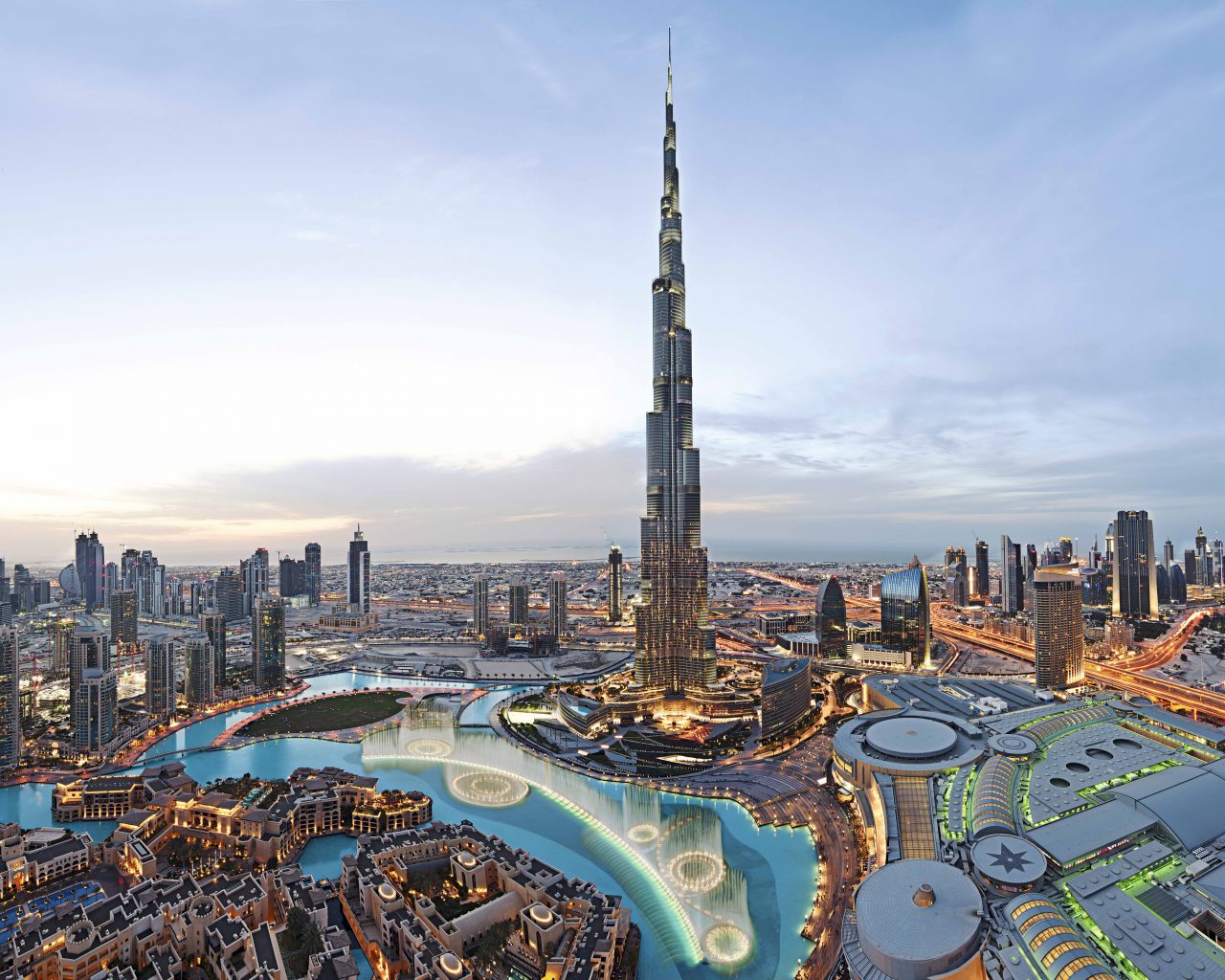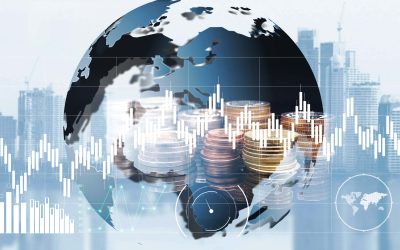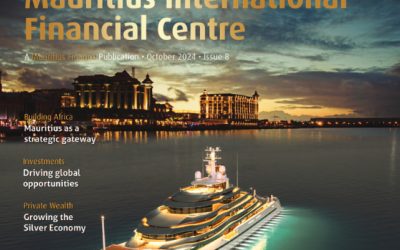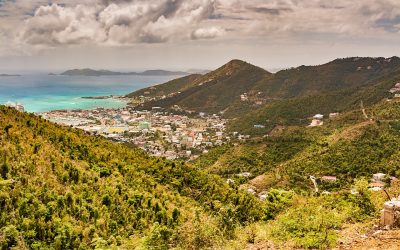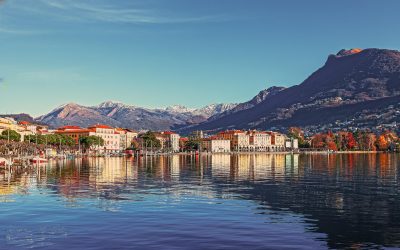This is the second in a series of introductory pieces featuring TrustQore’s jurisdictions. Long time Dubai resident Patrick Sulzer recently established the firm’s office in the city. In this summary, it becomes clear why TrustQore decided on the location, as there is much more to Dubai’s story than one might imagine. Trading and oil were early drivers of its success but the emirate’s transformation in recent years has been spectacular.
____________________________________________________________________________________________________________
Newcomers are sometimes surprised to learn that Dubai is neither an independent country nor a capital city but instead part of the United Arab Emirates (UAE). Nevertheless, its recent development is staggering and this spectacular growth continues.
Comprising an area slightly in excess of 4,000 sq. km, Dubai is one of six UAE emirates that became independent from Britain in December 1971. The others are Abu Dhabi, Sharjah, Ajman, Umm Al-Quwain and Fujairah joined in 1972 by Ras Al Khaimah.
Prior to independence, the emirates were known as the Trucial States and 19th century treaties – or truces – with Britain guaranteed their peace and regional security. It is intriguing to reflect that the planned federation originally included two other states – Bahrain and Qatar – but they have become hugely successful in their own right as independent countries.
Evidence exists proving human population dating back millennia, and the earliest written mention of Dubai is about a thousand years old. Venetian pearl traders did business in the area in the late 1500s and by the 18th century, a walled city was established on the site of the original small fishing village. Dubai has grown into a huge metropolis and regional trading hub, with most expansion taking place in the last forty years.
Declared independent by Maktoum bin Buti Al Suhail in 1833, the Al Maktoum dynasty has ruled Dubai to this day. In 2006, Sheikh Mohammed bin Rashid Al Maktoum became Ruler of Dubai and its Prime Minister. He also serves as the UAE’s Vice President.
Introduced as early as 1894, tax exemptions led to a huge influx of foreign workers, particularly from present day India and Pakistan. Islam is the predominant religion and although Arabic is the official language, English is widely spoken everywhere. Growing inexorably, present day metropolitan Dubai boasts some 3,051,000 residents of whom 60% are in the 25-44 age bracket. Expatriates comprise 85% of the total population made up of 200 nationalities.
The country introduced the UAE dirham (AED) as its currency in 1973. This has been pegged to the US dollar since 1997 at rate of US$1 to 3.6725 AED.
Global connections are world class. Dubai boasts two major airports being Dubai International Airport – recognised by its IATA code DXB – and the Dubai World Central Airport (Al Maktoum International) used mainly for cargo and private flights. Almost 90 million passengers will travel to 260 destinations this year – using 100 international carriers. DXB ranks as the busiest airport globally by international passenger numbers and welcomes over a thousand flights every day. Established in 1985, Dubai-based Emirates is the largest airline in the region and is a major air cargo carrier.
Infrastructure projects continue apace. Inaugurated in 2009, the mass transit metro system is still growing and the Burj Khalifa is the tallest building in the world at 830m high. The Palm and The World are iconic developments reaching out into the Gulf and are less than twenty years old. Ecological balancing is paramount throughout Dubai and examples include the 77 sq km Solar Park (the largest such facility worldwide) and the Dubai Canal that comprises hotels, restaurants and luxury housing.
Tourism is critical to Dubai’s economy and it ranks as one of the world’s leading destinations. In 2023, tourist arrivals reached a record 17.15 million and the number of hotel rooms available (154,000) surpassed Las Vegas for the first time. Among other attractions, visitors flock to the Dubai Mall for one of the best shopping experiences found anywhere. Yet again leading the world, with 105 million visitors in 2023, it is said to be the most visited place on earth.
Dubai’s finance centre has seen impressive growth due to its strong regulatory regime and significant investment in infrastructure, technology and innovation. In recent years, it has introduced a 9% corporation tax and a flat 5% VAT rate although there is no personal income tax on individuals. Apart from taxation, Dubai raises revenue by charging fees for government services and from levies on business activities.
Dubai’s financial services hub rivals New York, London, Singapore and Hong Kong. Originally exploiting its tax-free status, it has matured into a hugely respected global finance centre in line with all OECD and international standards. The industry focuses on four core activities (banking, insurance, capital markets and islamic financing) whilst sector foci are construction, real estate and logistics. Dubai registered a record 1.6 million real estate transactions across market segments, an almost 17% jump on an annual basis. Well-paid job opportunities continue to attract high quality expatriate finance professionals from around the world.
Dubai offers investors and entrepreneurs more than 40 multi-disciplinary free zones. These are designated areas offering tax benefits, full foreign ownership and simplified business setup procedures. They attract large volumes of foreign investment and both the “onshore” and “offshore” company sectors continue to thrive. The UAE has signed more than 130 double tax treaties worldwide including a substantial number of DTTs with African countries
Dubai offers a range of residency schemes including, green and “golden visa” granting long-term benefits to qualified investors, entrepreneurs, skilled professionals and outstanding students. Retirement visas and family sponsorship options are also available.
In short, Dubai offers a blend of modern luxury and cultural richness with iconic infrastructure, excellent shopping, pristine beaches and desert adventures. It boasts a thriving, low tax economy with diverse job opportunities available. For business and leisure, it offers a safe, cosmopolitan environment in an unbeatable strategic location serving as a gateway to the rest of the world.
This introduction to Dubai and its opportunities is necessarily a high-level overview. Future articles will set out in detail how international businesses and individuals may exploit these advantages. In the meantime, for further information on the jurisdiction, and to consider ways in which TrustQore may be of assistance, please get in touch with Patrick Sulzer directly [email protected]

